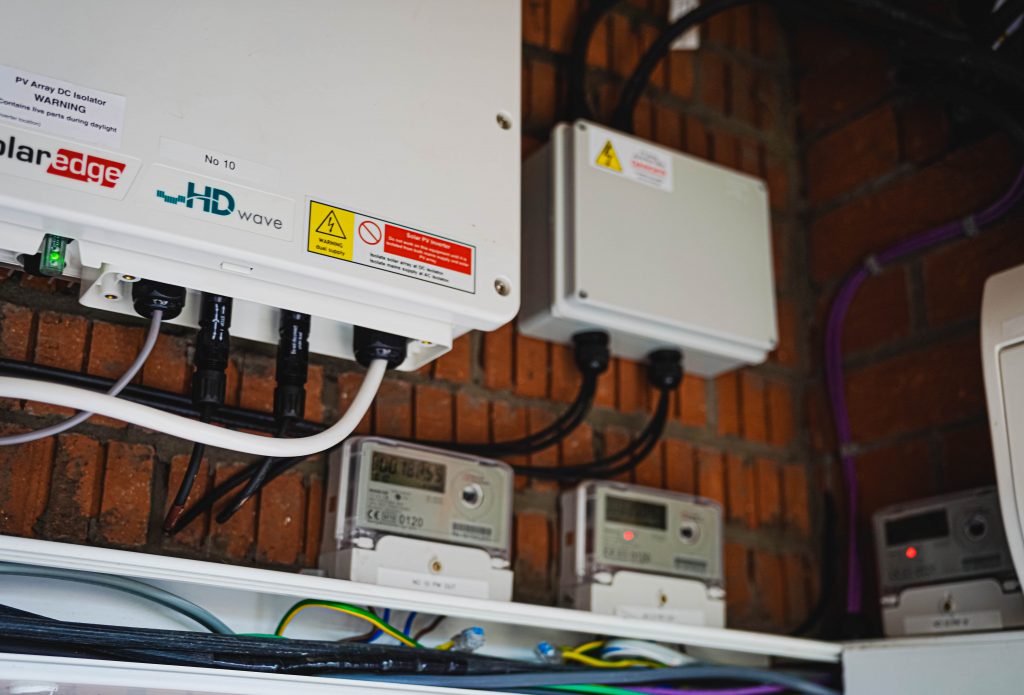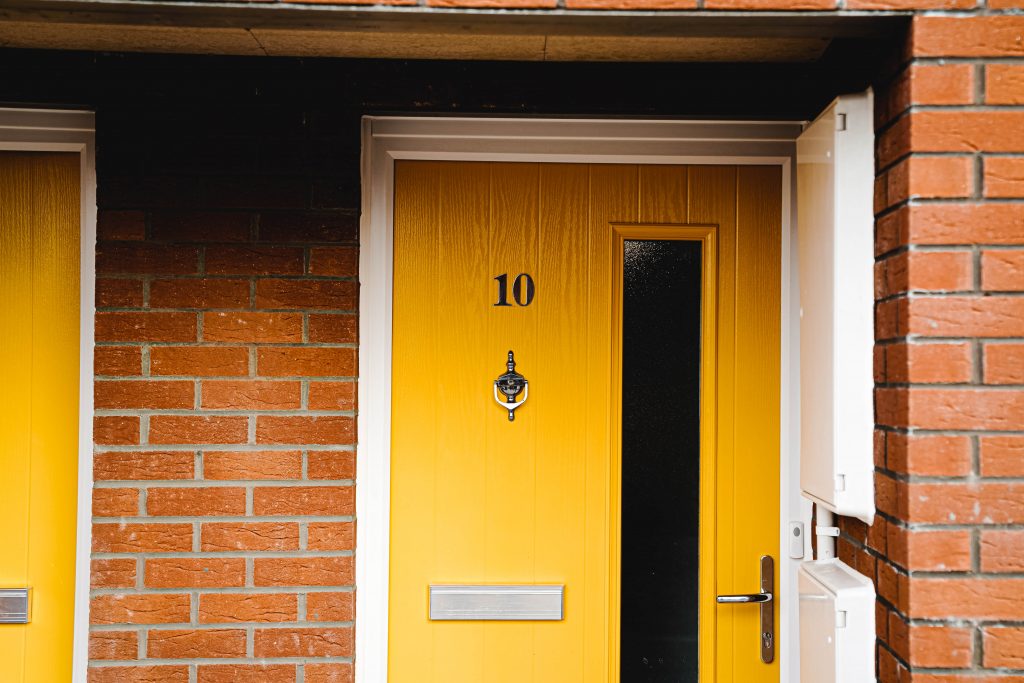“We talk about our successes, but nobody wants to admit when there’s been a problem. We need a climate of honesty where people can say: we tried this, it didn’t work, if we were to do it again this is what we’d do differently.”
In December 2020 we brought eleven people from eight South Wales housing associations together to share experiences of low carbon heating in social housing. Why? The aim was to have an open discussion about what low carbon heating technologies and systems have worked in their properties and, perhaps more importantly, what hasn’t worked.
The cycle of construction from designing to building, operating and monitoring properties can take years, so the process of learning and improvement can be slow. Often, if something doesn’t work first time it’s hard to take a risk on it again; and organisations are for many reasons reluctant to talk publicly about things that have gone wrong.
However, the threat of climate change and the need for affordable, sustainable housing requires solutions now.
With this event, we hoped to provide a safe space for housing associations to share experience, to overcome some of the challenges, and take positive steps in tackling the challenge of low carbon heating together.
We asked participants the following questions:
- Technology
What heating technology have you used in your properties?
What are you glad you used?
What do you wish you hadn’t used?
- Data
What do you know about the performance of your properties?
What do you wish you knew?
- Challenges
What are the most challenging things about decarbonising your housing stock?
What did we find?
There were many different experiences of low carbon heating systems, some positive and some negative. In summary:
- None of the housing associations had a clear low carbon heating solution for their properties.
- All agreed that we need to do more to share experience and learn from each other about what works, and how to improve the things that don’t quite work.
- Getting installation and commissioning right is critical – often it wasn’t low carbon tech that caused problems but the way it was installed and used.
- Data is vital – “Lack of data is preventing us from learning from past experience”


